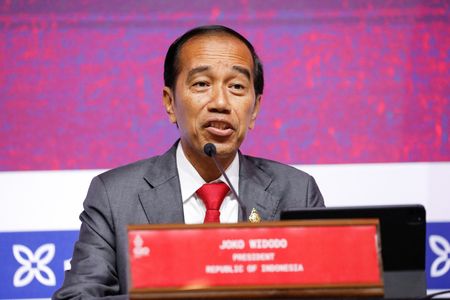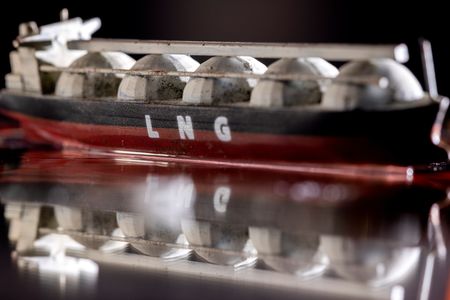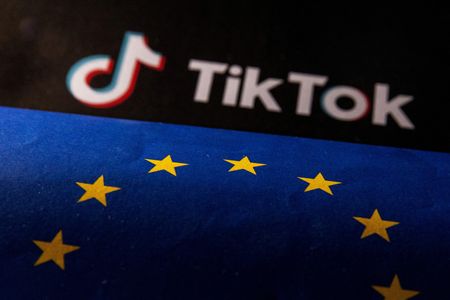By Fransiska Nangoy and Bernadette Christina
JAKARTA (Reuters) – Indonesian President Joko Widodo on Wednesday confirmed an export ban for bauxite starting in June next year as scheduled, to encourage domestic processing of a material used as the main ore source of aluminium.
The resource-rich nation has surprised markets with its commodity exports policies, including brief but controversial bans earlier this year on shipments of palm oil and coal, of which Indonesia is the world’s biggest exporter.
It is also among the world’s top suppliers of bauxite, with China its key buyer. The timing of Indonesia’s ban, however, is in line with its current mining law.
The president said the bauxite ban aimed to replicate Indonesia’s success in developing its nickel processing capacity after halting exports of its raw form in January 2020, which enticed foreign investors, mostly from China, to build local smelters.
The measure, which led to a dispute at the World Trade Organization (WTO), also helped boost the value of Indonesia’s exports.
“The government will remain consistent in implementing downstreaming so the value add can be enjoyed domestically for the country’s development and people’s welfare,” said Widodo, who is popularly known as Jokowi, emphasising the importance of jobs creation.
China was the biggest importer of Indonesia’s bauxite until Jakarta introduced a mineral export ban in 2014, which it lifted in 2017.
According to Wen Xianjun, a former head of the aluminium department at the China Nonferrous Metals Industry Association, Indonesia’s 2014 ban prompted China to boost its efforts to develop aluminium resources in Africa instead.
“Compared with then, China’s imports of bauxite are more diversified now,” Wen said.
China imported 17.8 million tonnes of Indonesian bauxite in 2021, and 17.98 million tonnes in the first 11 months this year, about 15.6% of its total imports, according to customs data.
LIMITED PRICE IMPACT
The three-month aluminium futures contract on the London Metal Exchange rose 0.6% at $2,386.50 a tonne by 0530 GMT, while the most-traded aluminium contract on the Shanghai Futures Exchange was up 0.2% to 18,595 yuan a tonne.
The announcement by Indonesia is not expected to have significant impact on prices.
“It won’t cause any major supply headwind as Indonesia now only accounts for a relatively small share of China’s supply, Guinea and Australia will immediately make up the lost volume (after the ban),” an aluminium trader at a large trading house in China said.
Indonesia has four bauxite processing facilities with 4.3 million tonnes of alumina output capacity, while more are under construction with collective capacity of nearly 5 million tonnes, said chief economic minister Airlangga Hartarto.
Indonesia’s bauxite reserves are enough for up to 100 years production, he said.
The country’s mining law also states exports of other unprocessed minerals such as copper will also be stopped. Jokowi did not specify the timing of shipment bans on the other materials.
He said there was a possibility that legal action could be pursued against Indonesia for banning bauxite exports, but it would not deter him.
The WTO last month ruled in favour of the European Union in a dispute on nickel ore exports, which Indonesia is appealing.
(Reporting by Fransiska Nangoy, Bernadette Christina, Stanley Widianto, Ananda Teresia; Additional reporting Siyi Liu; Writing by Fransiska Nangoy, Gayatri Suroyo; Editing by Martin Petty and Christian Schmollinger)









